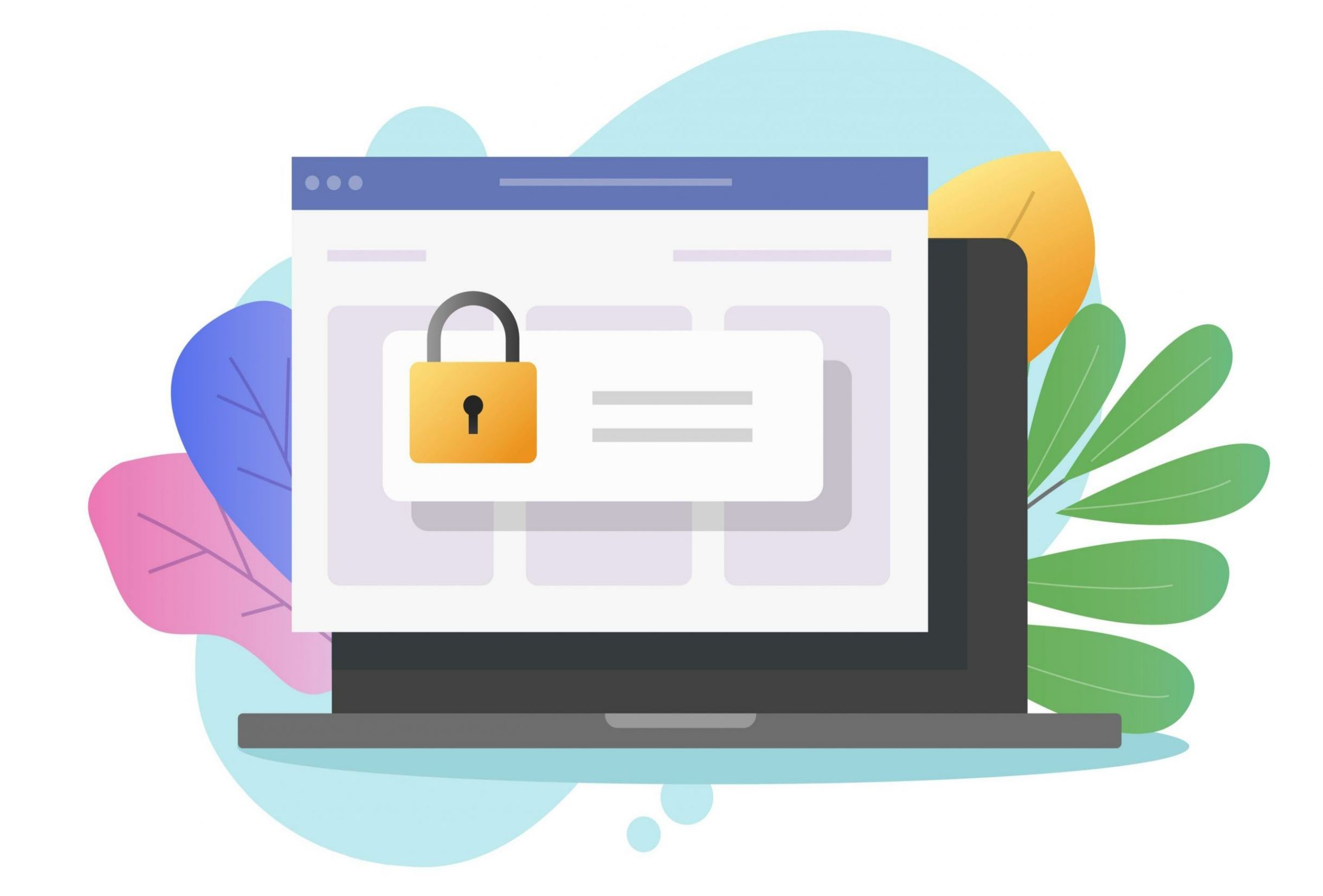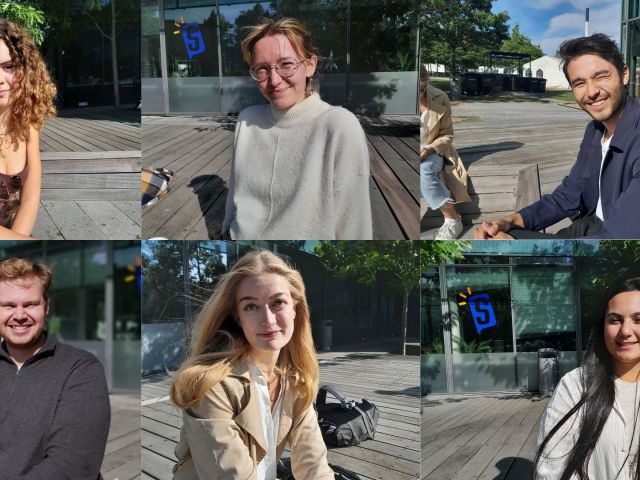Three emails revive old conflict between CBS and course company Aspiri

Course company Aspiri asked for students' password.
Several students have received emails from the course company Aspiri asking for their Canvas password in return for free courses. The CBS legal department warns students against giving away their passwords – it compromises IT security and is illegal.
“Am I allowed to give away my Canvas password?”
In the autumn, the question was put to the legal department at CBS by a student who had received an email from the private course company Aspiri with that very request. Further investigation into the issue found that at least two other students had asked lecturers and the Student Administration similar questions.
CBS Legal acted promptly, publishing a news story on mycbs.dk stating that under no circumstances should students give their Canvas passwords to anyone.
“Handing out your Canvas password is serious. If you do so, others will be able to act as you, and CBS will be unable to do anything about it. Anyone with your password will be able to deregister you from exams, courses or from your entire programme,” says Jesper Smedegaard, Data Protection Officer at CBS Legal.

Jesper Smedegaard, Data Protection Officer at CBS Legal. Photo: Lisbeth Holten
Aspiri is a company that offers exam preparation courses for university students, both from CBS and other universities. Previously Aspiri has been accused of aggressive marketing, also at CBS. In a similar case from Aarhus University in 2015, Aspiri also asked students for passwords according to Aarhus University’s newspaper Omnibus.
In addition, several lecturers at CBS feel certain that their material has been shared with Aspiri, probably by students. If so, these students have breached the lecturers’ copyright.
Discussions on possible legal action
CBS Legal has had legal counselling on the matter from Kammeradvokaten, the Legal Advisor to the Danish Government. CBS Legal has discussed with Kammeradvokaten the possibility of legal action against Aspiri for emails requesting passwords.
If students are caught disclosing their passwords, a worst-case outcome is suspension, since CBS sees this as compromising IT security. A similar penalty could be given if students breach lecturers’ copyright by sharing teaching materials with others. So, sharing passwords and teaching materials could have serious repercussions for the students.
So far, nothing more has happened in the case and no students have been suspended.
CBS Wire has talked to Aspiri to hear their version of the events, but founder and CEO Stephan van Rendsburg has decided not to participate in this article.




































































































































CBS WIRE reports news stories in accordance with sound press ethics as defined by The Press Council (Pressenævnet) and strives to present both sides of a story.
In this case, the CEO of Aspiri, Stephan van Rendsburg was interviewed for the article, but chose to withdraw his participation. CBS WIRE has reached out several times during December and January to Mr. Rendsburg to give Aspiri the possibility to reconsider, comment and explain, but has received no reply. Nor have we been notified of any factual errors in the article that Aspiri wishes CBS WIRE to correct.
No claims exist in the article about copyright infringement committed by Aspiri.
Complaints can be directed to Pressenævnet, in which CBS WIRE is enlisted: https://www.pressenaevnet.dk/press-ethical-rules/
Birgitte Ramsø Thomsen, Editor-in-chief
Aspiri does not want to participate in an article which is clearly far from being objectively investigative and, in our opinion, does not meet the rules of good press ethics. It is perhaps not so strange, when CBS WIRE is financially dependent on CBS.
Aspiri finds it a pity that CBS uses every opportunity to oppose Aspiri. Aspiri does not exist to bother CBS, but to help the students through the difficult exams.
Claims of copyright infringement are completely false, as Aspiri develops its own course material.
CBS’ sole purpose of the article is to spread a bad reputation around Aspiri, and Aspiri does not want to take part in such “mud-slinging”.